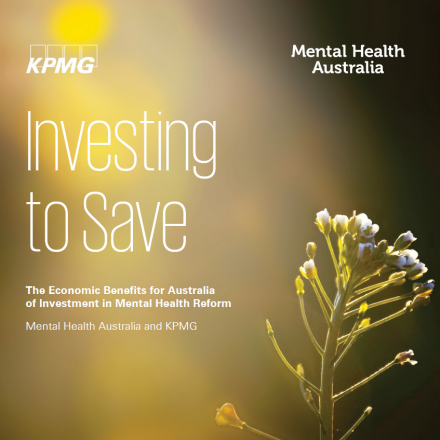2015 Garma Festival
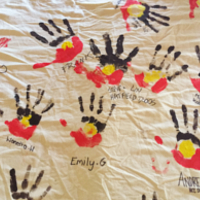 Story by Frank Quinlan, Chief Executive Officer, Mental Health Australia
Story by Frank Quinlan, Chief Executive Officer, Mental Health Australia
When I was invited by Carers Australia to attend the 2015 Garma Festival as part of a delegation of not for profit leaders I leapt at the opportunity.
I think we are largely aware of the terrible gap in the social and emotional welfare of Indigenous Australians and the broader Australian population, but the Garma Festival is more than an opportunity to hear statistics and reports relevant to the Indigenous community. I have had some exposure to traditional Indigenous culture over the years, but the Garma Festival is more than an opportunity to be immersed in traditional indigenous culture. I enjoy camping as recreation, but the Garma Festival is so much more than just an opportunity to go camping with colleagues from a range of organisations. I am lucky enough to be regular exposed to Australia’s Indigenous leadership, but the Garma Festival is more than an oportuntiy to engage with Indigenous leaders on current issues for Australia.
From the Garma website:
In it’s 17th year since inception in 1998, Garma has become the Aboriginal equivalent of the World Economic Forum held annually at Davos in Switzerland which is attended by an exclusive gathering of 2,500 political and business leaders from around the globe. The organisation is committed to improving the state of the world by engaging business, political, academic, and other leaders of society to shape global, regional, and industry agendas. The meeting brings together some 2,500 top business leaders, international political leaders, selected intellectuals, and journalists, to discuss the most pressing issues facing the world.
Garma is the platform for Australia’s own Davos because, whereas at other Aboriginal conferences you will learn about Indigenous rights and culture, at Garma you will learn about the economic challenges, the steps that need to be taken to ensure that there are economic opportunities for Aboriginal people, and at the same time, Garma attemps to strengthen our cultural genius.
The ancient sound of the Yidaki (didjeridu) is a call to all people to come together in unity; to gather for the sharing of knowledge and culture; to learn from and listen to one another. Each August, the Yidaki call announces the start of Garma, the largest and most vibrant annual celebration of Yolngu (Aboriginal people of north east Arnhem Land) culture.
For me Garma was a rich personal and professional experience. It occurred at the same time as discussion about Adam Goodes was at its peak. A period when all of us were forced to reflect a little on our own engagement with our Indigenous brothers and sisters, and to reflect on the role we might play, even if inadvertently, in the ongoing racism and exclusion that have harmed so many Indigenous cultures so much.
I returned from the Garma Festival more deeply aware of the trauma dispossession has caused to Indigenous people; more ready to seek opportunities to overcome barriers to Indigenous inclusion and participation; enriched by immersion in one of the world’s most ancient cultures; and, strengthened by deeper links to my colleagues working in similar organisations in the not for profit sector. I hope the pictures that I took can give you some sense of what a rich experience Garma 2015 was.
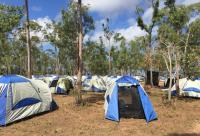 |
 |
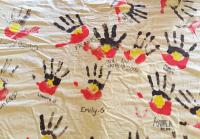 |
| Garma Festival 2015 | Dancers welcome us to Arts Centre |
Yirrkala school |
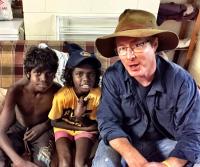 |
 |
 |
| Jacob, Shakira and me | Gove (Nhulunbuy), NT | Yirrkala Art Centre welcome |
 |
 |
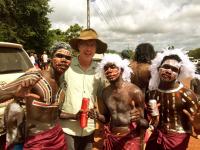 |
| Japuiri and me | Our local guide Deon | Opening of Yirrkala Arts Centre |
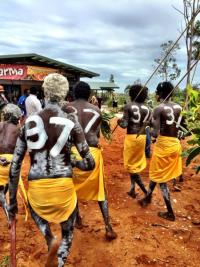 |
 |
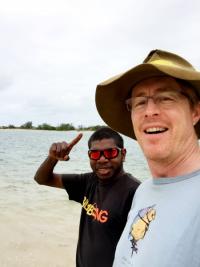 |
| Yolgnu men at the Opening Ceremony |
Matthew Wright (CEO, AFDO) and Jacob |
Deon Wamut Mununggurr |
__________
Do you have a comment on this story? Join the conversation on Twitter @AUMentalHealth


 Story by
Story by 
